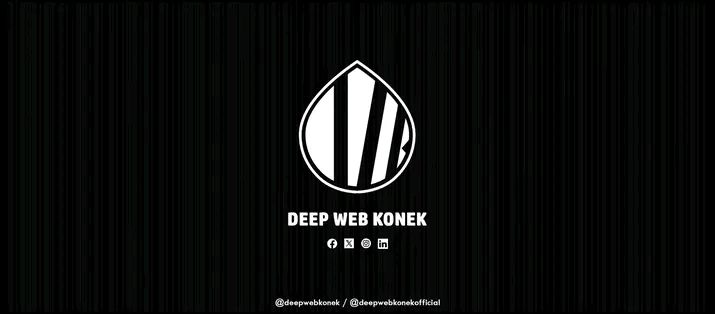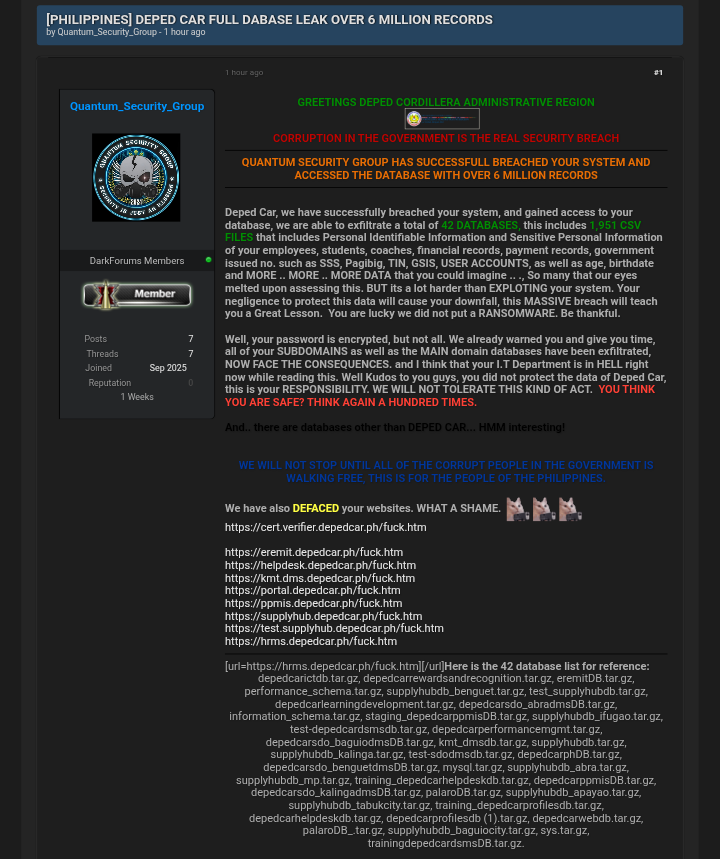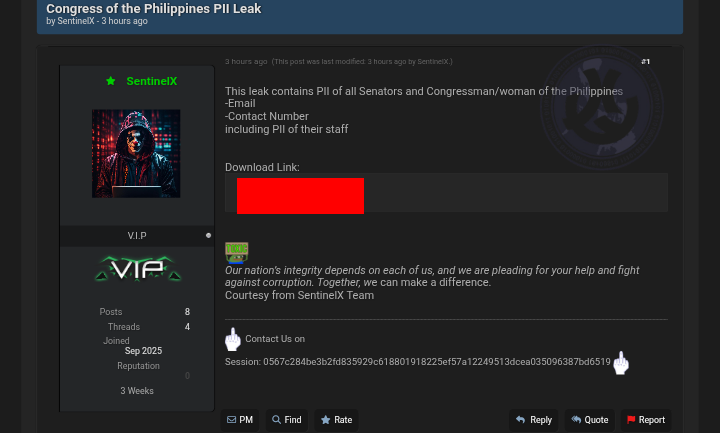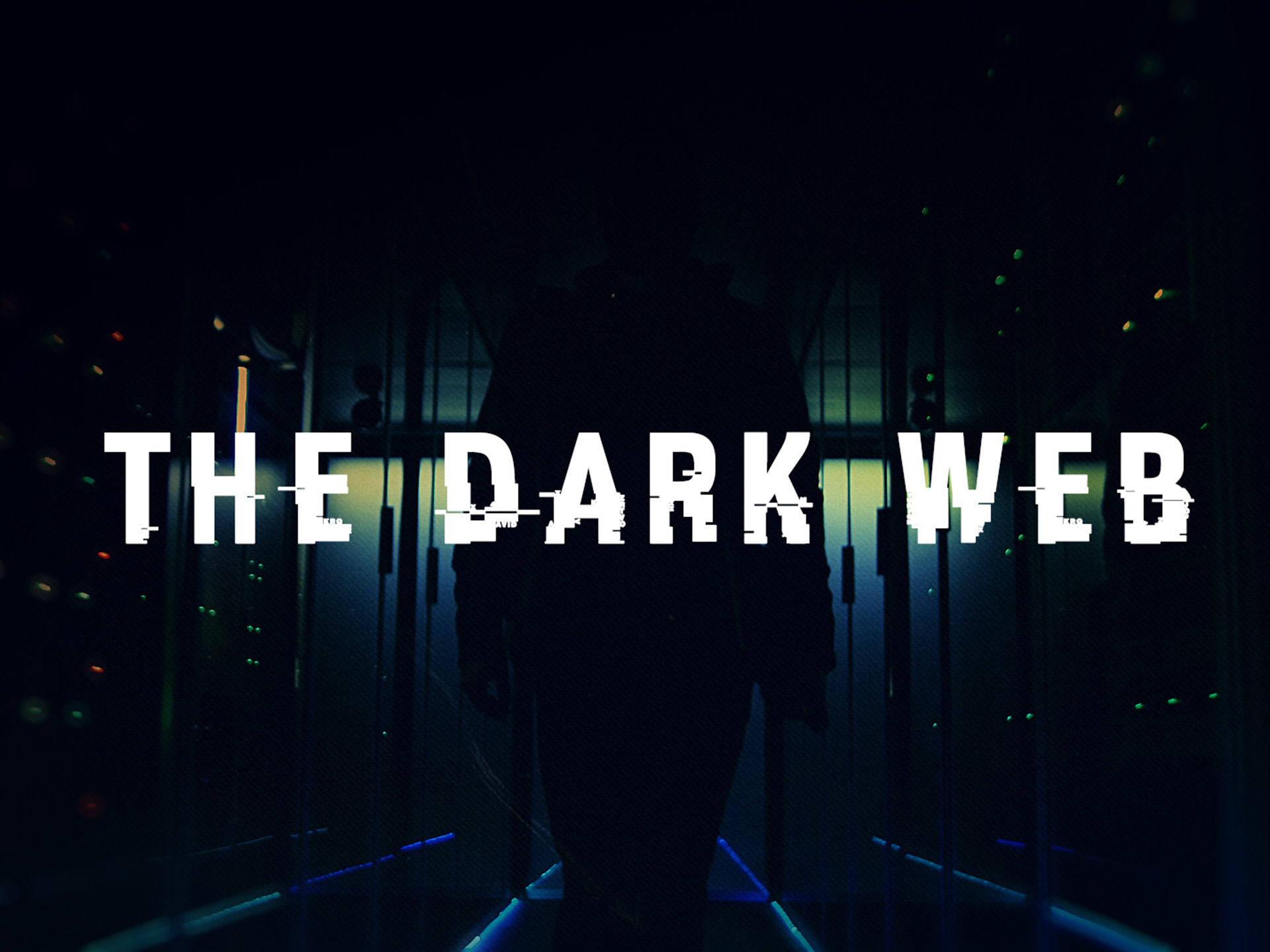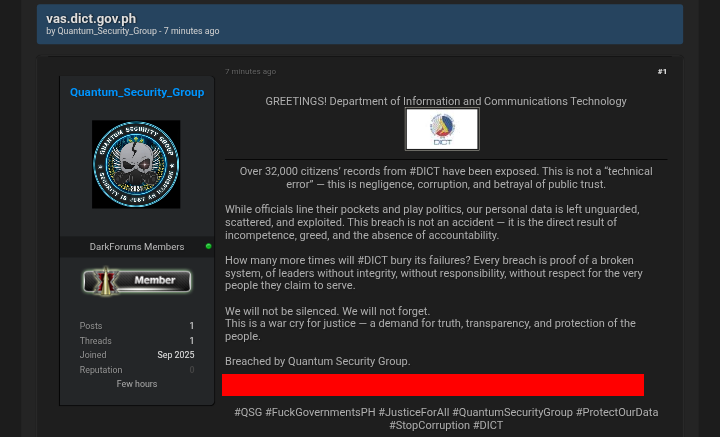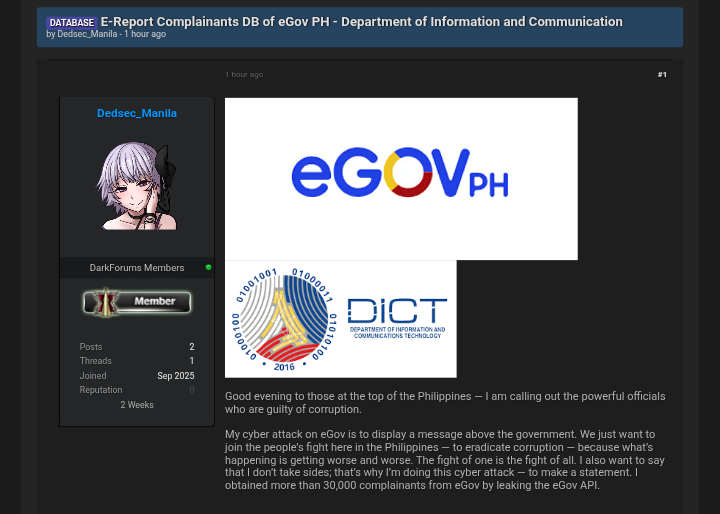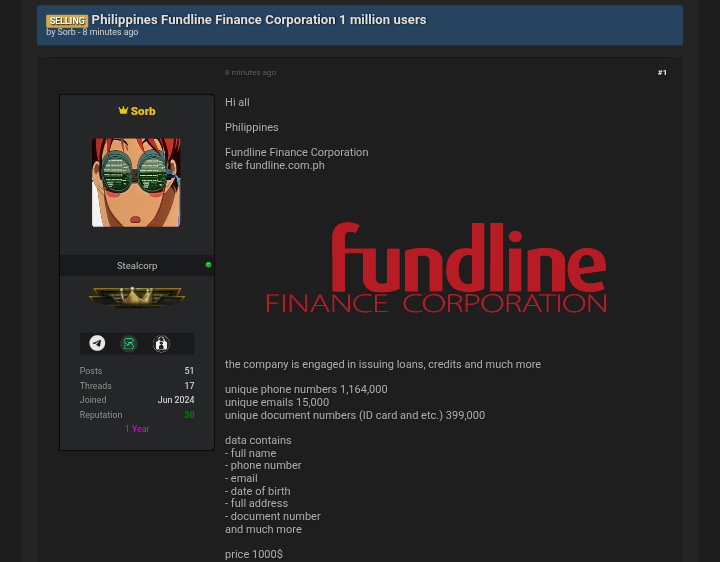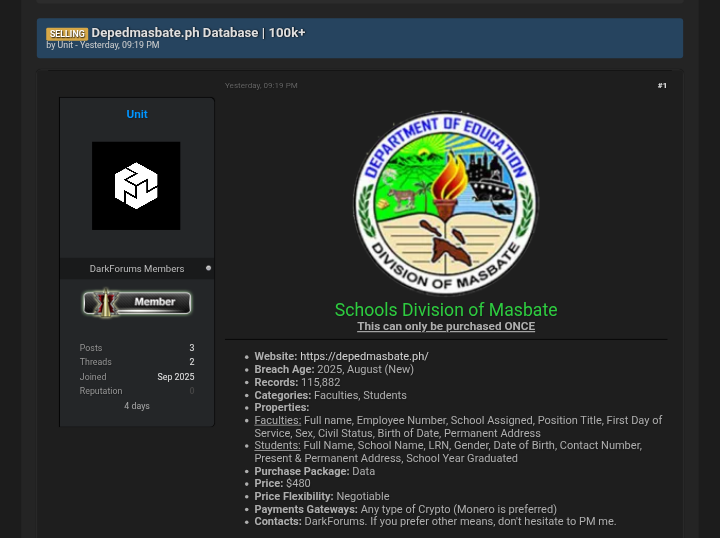Behind the Screen: Ten Years of Stories from the Dark Web
For years, the dark web has fascinated and frightened the public in equal measure. Popular media often paints it as a hidden marketplace for drugs, hitmen, and “red rooms,” where the worst imaginable crimes take place. But beneath the myths and headlines lies a more complex reality: a network of anonymity tools like Tor, I2P, and Tails that serve both as shelters for criminals and lifelines for activists, whistleblowers, and ordinary citizens living under censorship.
To separate fact from fiction, Jason Gutierrez, Executive Director of Deep Web Konek, sat down with Eric Pudalov—a tech writer, infosec enthusiast, and long-time Tor user. Pudalov is best known for his blog Secrets of the Dark, which explored the hidden corners of the internet and demystified privacy and anonymity tools. With roughly a decade of experience on Tor, he continues to educate others about digital privacy and hopes to eventually work in the tech field full time.
Q (Jason Gutierrez): How did you first become curious about the dark web?
Eric’s journey didn’t begin in a classroom or on a tech forum, it started in the comment section of YouTube.
He remembers it vividly:
> “I was watching A Serbian Film—one of the most disturbing movies ever made and someone in the comments said, ‘You think this is disturbing? This is nothing compared to what’s on the dark web.’”
That one line was enough to spark his imagination. Curious, he Googled the phrase, stumbled upon explanations of Tor, and downloaded the browser. His first few steps were awkward, like walking into a maze without a map. The interface was strange, the links unreliable, and many sites were already offline when he clicked them.
Still, he pressed on. Eric was already fascinated by creepypastas and the world of horror fiction, so the whispers of a digital underworld hooked him. What began as a morbid curiosity slowly grew into a deeper interest in how anonymity networks actually functioned. The dark web, once just a rumor whispered on forums, became to him a vast experiment in privacy, censorship resistance, and human psychology.
Q: Many people believe the dark web is exclusively for criminals. How accurate is that view?
Eric is quick to challenge this stereotype. Yes, criminal activity is real and visible on the dark web but that isn’t the whole picture.
He explains that for every market selling drugs or stolen credit cards, there are legal onion sites that serve important purposes. Facebook has an onion mirror to reach users in censored countries. The BBC and ProPublica publish investigative journalism directly on Tor. ProtonMail offers secure email, while communities use onion forums to discuss politics, organize activism, or simply chat in privacy.
Then there’s Tails, a portable operating system that leaves no trace on the device once shut down, often used by journalists and dissidents to avoid surveillance.
The myths about “red rooms”, live-streamed torture for money still surface online, but Eric dismisses them as scams. “If you really want to see a horror story,” he says, “look at the Nth Room case in South Korea. That happened on Telegram, not Tor. It shows how exploitation doesn’t need the dark web, it can happen on platforms we all use.”
Q: You’ve spoken with darknet administrators. What impression did they leave?
Eric describes the admins he’s interacted with as varied in personality and motivation. Some were business-minded—entrepreneurs in their own right, treating their markets like startups. They built customer support channels, managed disputes, and even issued refunds. Others operated out of ideology, believing strongly in free expression and anonymity.
But not everyone was driven by principle. There were those who exploited the anonymity for darker purposes, particularly in online sexual abuse and exploitation of children (OSAEC). These communities, Eric stresses, are the darkest corners of the network. “Those are the ones that haunt me. Whenever I come across them, I do what I can to quietly flag them for takedown.”
It was this contrast, the professionalized yet criminal economy on one side, and the horrifying abuse networks on the other—that deepened Eric’s resolve to study the space critically, rather than fall for sensationalism.
Q: How do darknet markets rise and fall?
Few markets last more than a year or two. Some collapse after law enforcement busts, like Silk Road or AlphaBay, where admins’ mistakes on the clearnet exposed them. Others implode from within when administrators execute exit scams, vanishing overnight with users’ funds.
Competition is brutal. Rival markets launch DDoS attacks against each other, clone phishing sites to trick buyers, and spread disinformation. “It’s not an easy life,” Eric says. “It’s not easier than traditional work, it just demands different skills. And even then, survival isn’t guaranteed.”
In his eyes, these underground markets aren’t just digital bazaars, they’re political spaces where competing philosophies about free speech, capitalism, and survival constantly collide.
Q: What trends are shaping the cybercrime landscape today?
The days of lone hackers in hoodies are long gone. Today, cybercrime is a professional industry. Eric points to ransomware-as-a-service, where developers lease out malware to affiliates who share profits. He describes infostealer markets as another game-changer: vast troves of stolen data such as emails, logins, credit cards and packaged and sold like wholesale goods.
Breaches have become so frequent that forums refresh with new databases daily. Meanwhile, the rise of Internet of Things devices has given cybercriminals millions of poorly secured entry points, fueling botnets and ransomware campaigns.
“Cybercrime is industrialized now,” Eric explains. “It’s no longer a hacker in a basement. It’s an ecosystem, with developers, resellers, brokers, and money launderers all playing their roles.”
Q: Have you seen activity linked to the Philippines?
Eric notes that the Philippines is usually on the receiving end of cyberattacks rather than a major source of them. Government websites and agencies, in particular, have been repeatedly breached and defaced.
Still, he has heard whispers about attempts to start a Filipino darknet market. “If it happens, it’ll face tough odds,” he says. “These markets are cutthroat, and rivals will attack the moment they see a weakness. Even one misconfiguration can bring everything down.”
Q: If you could advise law enforcement agencies in the Philippines directly, what blind spots would you highlight in their current approach to dark web threats, and what practical steps should they take?
Eric stresses that the biggest gap is education. Investigators need to understand how Tor actually works, rather than treating it as a mysterious black hole. “It’s a network like any other—it has weaknesses, and criminals make mistakes.”
He recalls the case of AlphaBay’s admin, who was caught because he reused the same online handles across platforms, leaving a trail that investigators followed.
“The technology can be airtight, but people aren’t,” Eric says. “Track the human behavior, that’s where the breakthroughs usually come.”
Q: Across all your investigations, what was the strangest or most unexpected discovery you made?
Eric laughs when he remembers some of the stranger sites. One was the Red Triangle ARG, a bizarre puzzle that linked onion pages with cryptographic riddles, images of triangles, and symbols that led nowhere. Another was a looping GIF of a woman in a white dress walking through the woods, captioned cryptically: “Listen. Why Vicet?”
But not everything was harmless. “The abuse communities are by far the worst. If I could erase one part of the dark web forever, it would be them. Those sites are nightmares—but I take comfort in knowing I’ve helped provide information that led to their takedown.”
In conversation with Jason Gutierrez, Eric Pudalov reveals a dark web that is neither purely dystopian nor a utopia, but something far more human: a messy, contradictory ecosystem shaped by greed, fear, survival, and freedom.
> “The dark web will continue to evolve as both a haven for free expression and a battleground for criminal activity. Its dual nature won’t change—but how we respond to it will.”
